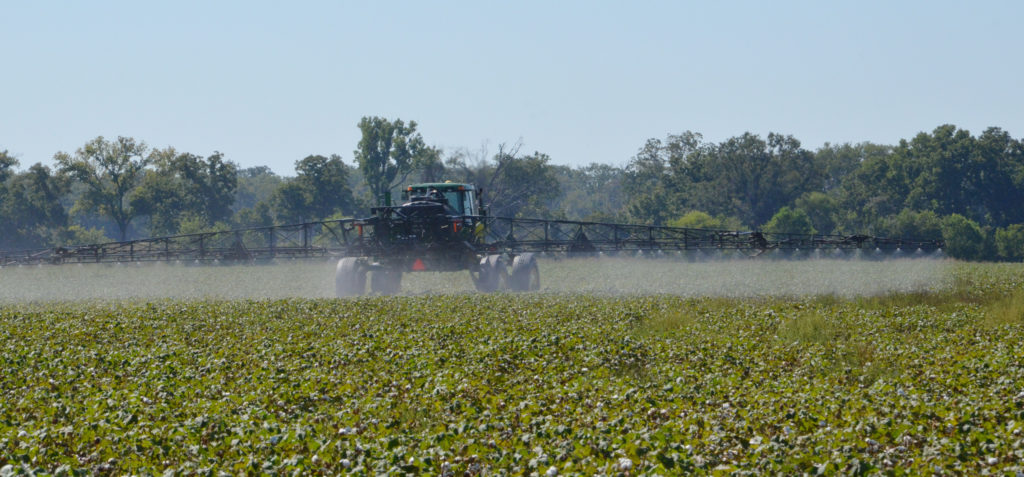And just like that, it’s August! Where has the summer gone?
Here are some of the ag law stories making news this week.
* Water war brewing in West Texas. A rural West Texas landowner wants to drill wells, build a pipeline, and sell water to oil and gas companies some 60 miles away in the Permian Basin. This is the situation in Van Horn, where a large landowner has sought a permit from the Culberson County Groundwater Conservation District to drill 7 wells on his 140,000 acre ranch to pump 5.4 million gallons per day. The water withdrawn would be pumped 60 miles to be used in hydraulic fracturing. Not surprisingly, neighbors are up in arms and threatening to sue if the permit is granted. Additionally, at least 3 other companies in the region are planning similar projects. [Read article here.]
* Another class action lawsuit filed over Dicamba drift. A group of Arkansas farmers filed a class action lawsuit in Missouri federal court over alleged drift damage from XtendiMax Dicamba formulations produced by Monsanto. Each of the farmers claims damage to their crops due to drift. They allege that the products “cannot be applied with reasonable safety in agricultural areas using any typical or reasonably practical application techniques and conditions of use limitations.” Further, they argue that drift damage actually helps Monsantos’ Xtend seed sales because injured neighbors are more likely to plant the new trait next year rather than risk being drifted on again. Based on this, Plaintiffs want to represent an Arkansas class of farmers, or a nationwide class, who were damaged by Dicamba drift. The class would exclude farmers who purchased Xtend crops. The legal claims brought include a nationwide class Lanham Act claim and Sherman Act claims, and numerous Arkansas state law claims. [Read Complaint here.]

TAMU Agrilife Extension photo by Robert Burns
* Duarte Nursery moves to dismiss Clean Water Act lawsuit on appeal. The plaintiff landowner in Duarte Nursery v. US Army Corps of Engineers, has filed a Motion to Dismiss the Clean Water Act lawsuit filed against them. The motion is based on the argument that an action for injunctive and other relief for violations of the Clean Water Act must be brought by the EPA administrator, other than claims involving Corps issued permits. Thus, the plaintiff believes that the EPA, rather than the Corps of Engineers, was the proper party to bring the counterclaim for a permit violation against Duarte. [View motion here.]
* EPA seeks stay in emissions reporting applicability to agriculture. You may remember from this prior post that in April, the D.C. Circuit issued a decision finding that the air emissions reporting requirement exception for agriculture was improper. If upheld, this decision will require numerous farms and ranches to report emissions under CERCLA and EPCRA. The EPA filed a motion last week seeking a six-month stay on the mandate. If granted, it would give agriculture more time–through January 2018–to come into compliance with the reporting requirements under these environmental laws. One major concern about compliance is that farmers and ranchers do not know how to calculate emissions and the EPA needs additional time to develop guidance for agriculture entities now required to report. [Read article here.]











